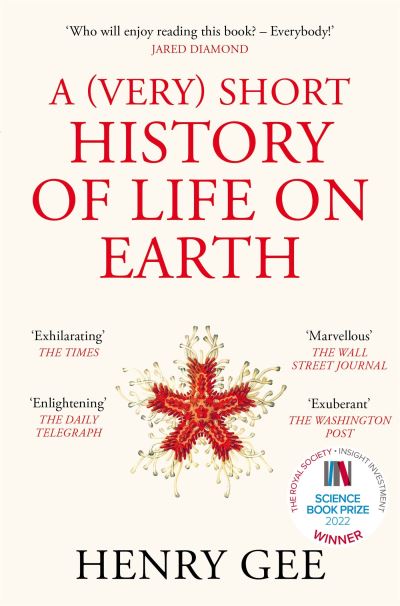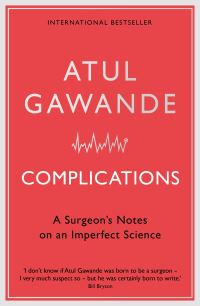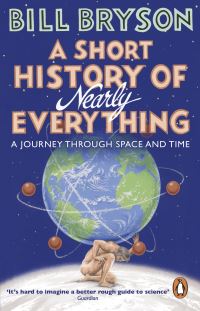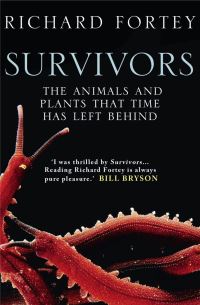Description
Winner of the Royal Society Science Book.
‘Exhilaratingly whizzes through billions of years . . . Gee is a marvellously engaging writer’ – The Times
For billions of years, Earth was an inhospitably alien place – covered with churning seas, slowly crafting its landscape through volcanic eruptions, the atmosphere in a constant state of chemical flux. And yet, despite facing literally every conceivable setback that living organisms could encounter, life has been extinguished and picked itself up to evolve again.
From that first foray to the spread of early hominids who later became Homo sapiens, life has persisted, undaunted. A (Very) Short History of Life: 4.6 Billion Years in 12 Chapters is an enlightening story of survival, of persistence, illuminating the delicate balance within which life has always existed, and continues to exist today. It is our planet like you’ve never seen it before.
Dr Henry Gee presents creatures from ‘gregarious’ bacteria populating the seas to duelling dinosaurs in the Triassic period, to magnificent mammals with the future in their grasp. Life’s evolutionary steps – from the development of a digestive system to the awe of creatures taking to the skies in flight – are conveyed with an up-close intimacy.
‘Henry Gee makes the kaleidoscopically changing canvas of life understandable and exciting.’ – Jared Diamond, author of Guns, Germs, and Steel




